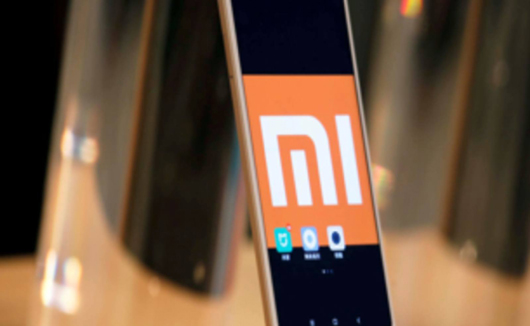HONG KONG, June 23 (Xinhua) — Xiaomi, a Beijing-based smart phone maker,
on Saturday announced its plan to raise 48 billion HK dollars (about 6.12
billion U.S. dollars) in the initial public offering (IPO) in Hong Kong next
month.
Xiaomi will offer about 2.18 billion shares priced at between 17 and 22 HK
dollars each.
The offering is expected to start next Monday and close next Thursday,
while trading of the shares is expected to start on July 9, according to a
news conference held by Xiaomi Corporation in Hong Kong.
“We are an innovation-driven internet company committed to the principle
of ‘amazing products at honest pricing’,” Lei Jun, executive director,
founder, chairman and chief executive officer of Xiaomi said.
“Within seven years of our founding, our annual revenue exceeded 100
billion yuan (15.38 billion U.S. dollars), achieving a growth rate that many
traditional companies are unable to match.”
In the future, Xiaomi has huge potential for growth as a very rare company
that can handle hardware, e-commerce and internet services, Lei said.
Xiaomi will also be the first issuer after Hong Kong introduced new rules
on dual-class shares or the weighted voting rights (WVR) structure.
Under the WVR structure, Xiaomi’s share capital will comprise class A
shares and class B shares. Each class A share will entitle the holder to
exercise 10 votes, and each class B share will entitle the holder to exercise
one vote, according to a press release.
The WVR structure will enable the company to benefit from the continuing
vision and leadership of the WVR beneficiaries, who will control the company
with a view to its long-term prospects and strategy, according to the press
release.
The company said its proceeds will go to hardware research, global
expansion and internet ecosystem for its connected devices, known as the
internet of things (IoT).
Xiaomi described itself as an internet company with smartphones and smart
hardware connected by an IoT platform at its core.



